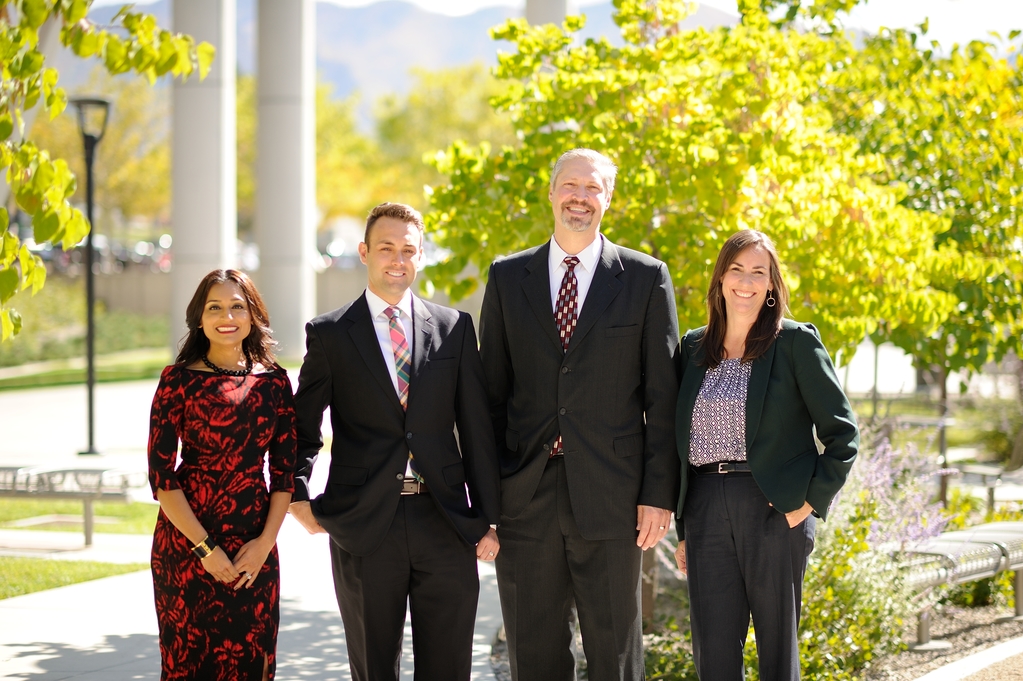at the University of Utah
Eccles School Executive MBA ranked 22 in U.S. by Financial Times
The Executive MBA program at the University of Utah’s David Eccles School of Business is ranked one of the best in the world, according to a new survey by the Financial Times. The program ranked No. 22 nationally and No. 83 globally, moving up 8 and 12 spots respectively. The Eccles School’s program also ranked No. 4 in the West.
“The new Financial Times ranking is a testament to our program’s continuing innovative education, student success and outstanding faculty,” said Taylor Randall, dean of the David Eccles School of Business. “An Eccles MBA provides students with an excellent return on their educational investment and a competitive advantage in the workplace.”
Eccles School Executive MBA graduates were successful in increasing their salaries three years after graduation by 41 percent, translating to an average salary of $142,754, according to the survey.
“This ranking is particularly impressive given the increasing competition among Executive MBA programs worldwide,” said Brad Vierig, associate dean of Executive Education at the Eccles School. “Our graduates go on to do amazing things, in part because of their experience here at the Eccles School.”
The rankings, Vierig continued, showcase the core competencies of the program: an experience that transforms the way participants think, a high return on investment for both participant and sponsoring employer, and a curriculum tailored to meet the specific needs of experienced executives.
The program has benefited students such as Keith Titus, chief operating officer of MarketStar Corporation, who graduated from the EMBA program in 2012.
“My experience in the EMBA program at the David Eccles School of Business at the University of Utah provided me with the skills, experience and confidence to be successful in an ever-changing and more competitive business environment,” Titus said. “The EMBA program equipped me with the knowledge, experience and skills to be ready for that C-level position when it became available. I am grateful for the staff, faculty and students that provided such a rigorous and fun academic environment that builds leaders for the future.”
Financial Times draws information for its rankings from two primary sources: 55 percent of the score is based on alumni surveys, and 45 percent of the score is calculated from data gathered by the participating schools.
Thousands of alumni are approached when they are three years removed from graduation to participate in the Financial Times surveys. They answer questions ranging from salary increases and career progression to realization of professional goals that grew out of their involvement in the EMBA program.
The schools provide data on diversity of their faculty and students, international reach of their programs, languages spoken by students and the productivity of faculty publishing articles in major academic and industry journals.
Learn more about the Financial Times rankings.





